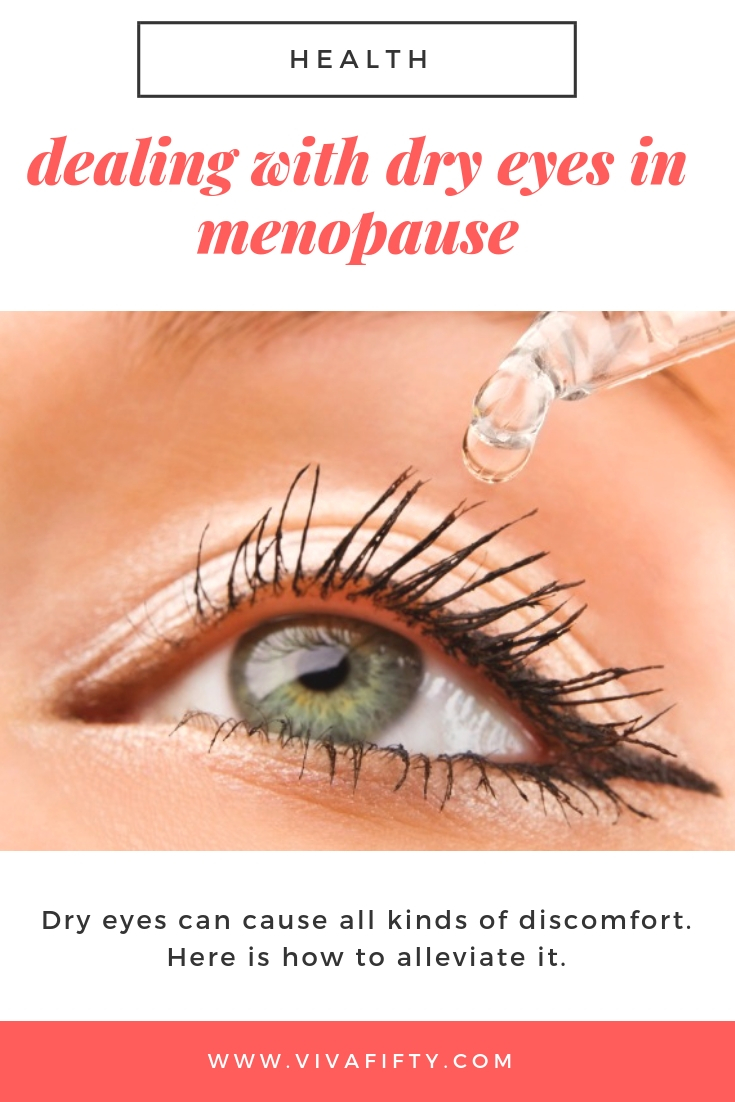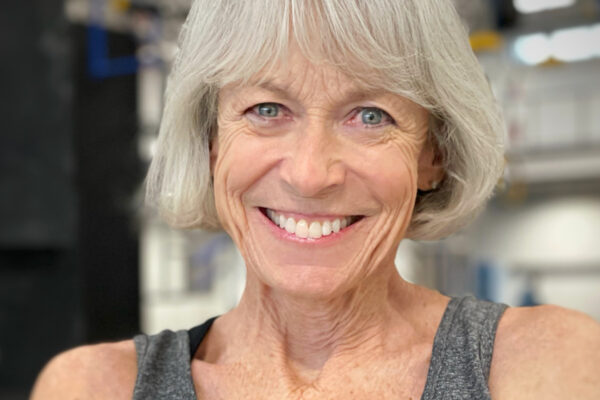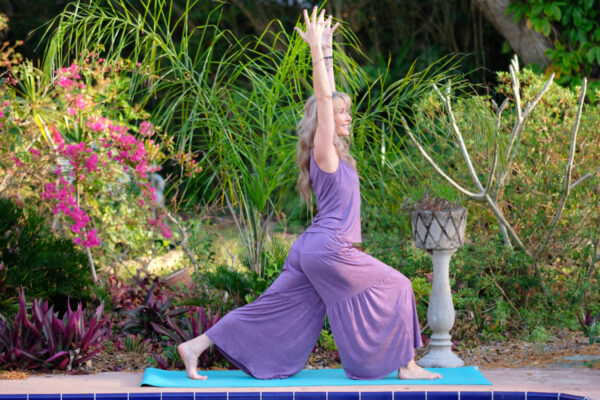
Remember those old Ben Stein eye drop commercials? Well the comedian wasn’t exaggerating when he droned on about the discomforts of dry, red eyes.
If you’ve entered menopause, you may be getting quite familiar with the uncomfortable and annoying symptoms of dry eye syndrome.
Dry eyes in menopause
A significant majority of perimenopausal and menopausal women suffer from dry eye syndrome, often not realizing that hormonal changes are to blame.
When hormone levels drop, it can actually affect ocular tissue and tear composition.
So if you’re going through the change and suddenly begin experiencing dry eyes, blurry vision, sensitivity to light or burning -or if you’ve had these symptoms in the past, but they are getting worse- it could be just another sign of your shifting body chemistry.
Unfortunately, hormone replacement therapy seems to have little effect on this condition, but that doesn’t mean you won’t be able to get some relief.
So what can you do to ease or even eliminate some of the discomfort? Here are a few easy ideas.
Tell a Doctor
A good eye doctor who is familiar with the changes that can occur as a result of menopause should be able to recommend specific therapies for coping with eye changes caused by hormones.
Whether it’s a specific type of eye drops to use or certain environmental irritants that should be avoided.
If you wear contacts, dry eye syndrome can be even more of a nuisance -your eye doctor may also be able to prescribe contact lenses specifically designed for dry eye sufferers.
Also read: 3 Most common symptoms of menopause

Over the Counter
Your doc may recommend prescription eye drops, but if she doesn’t, you could find relief from OTC lubricating eye drops and/or gels.
Just be sure to look for lubricating products, not just those that clear redness, which can actually dry eyes out even more with continued use.
If you’re overwhelmed by the options, ask a pharmacist for a recommendation.
Look at the Environment
As mentioned above, certain environmental factors can exacerbate dry eyes.
Similarly to people who suffer from environmental and seasonal allergies, avoiding or minimizing exposure to certain factors can help keep your eyes more comfortable.
Protect your eyes from wind and pollutants, and if the air in your home is on the dry side, consider running a humidifier.
Proper Nourishment
You probably already know that Omega 3 fatty acids are good for your body.
They can improve heart health as well as bone and joint healthy and can even make your hair and nails stronger, shinier and more lustrous.
But, they are also the perfect way to lubricate your eyes from the inside eye out.
Eat a few servings of fish high in Omega 3s per week, or supplement with a good quality fish oil pill.
And of course, a well-balanced diet is always most beneficial to your body, including your peepers.






Leave a Reply